Description
Echinacea Purpurea Herb
Echinacea purpurea, commonly known as purple coneflower, is a herbaceous flowering plant in the Asteraceae family. Native to North America, particularly the central and eastern regions, Echinacea purpurea is well-known for its medicinal properties and has been used traditionally by Native American tribes for various health purposes. Here are key points about Echinacea purpurea:
Characteristics:
- Appearance:
- Echinacea purpurea is characterized by its distinctive flowers with purple to pink petals and a prominent, cone-shaped center. The cone, which gives the plant its name, is spiky and resembles a daisy.
- Leaves:
- The plant has coarse, toothed leaves that are typically lance-shaped. The leaves are arranged alternately on the stem.
Traditional Uses:
- Native American Medicine:
- Native American tribes, particularly the Plains Indians, historically used Echinacea purpurea for various medicinal purposes, including the treatment of respiratory infections and wounds.
- Immune System Support:
- Echinacea purpurea has been traditionally used to support the immune system. It became popular in Western herbalism for its potential immune-boosting properties.
Medicinal Uses:
- Immune System Modulation:
- Echinacea purpurea is commonly used in herbal medicine for its purported ability to modulate and support the immune system. It is often used preventively during cold and flu seasons.
- Anti-Inflammatory Effects:
- Some studies suggest that Echinacea may have anti-inflammatory effects, which can be beneficial for conditions involving inflammation.
- Antioxidant Properties:
- Echinacea purpurea contains compounds with antioxidant properties. Antioxidants help combat oxidative stress and may contribute to overall health.
Preparations:
- Herbal Teas:
- Echinacea purpurea can be used to make herbal teas. The roots, leaves, and flowers are used for this purpose.
- Tinctures and Extracts:
- Tinctures and liquid extracts made from Echinacea purpurea are common forms of herbal supplements. These concentrated forms are often used for immune support.
- Capsules and Tablets:
- Echinacea supplements are available in capsule or tablet form, providing a convenient way to consume standardized doses.
Cautions:
- Allergies:
- Individuals with allergies to plants in the Asteraceae family (such as ragweed, marigolds, and daisies) may be more likely to experience allergic reactions to Echinacea.
- Autoimmune Conditions:
- People with autoimmune conditions should consult with a healthcare professional before using Echinacea, as it may stimulate the immune system.
- Interactions:
- Echinacea may interact with certain medications, including immunosuppressive drugs and medications metabolized by the liver. It’s important to discuss its use with a healthcare provider.
While Echinacea purpurea is widely used and generally considered safe, individual responses can vary. It’s advisable to consult with a healthcare professional before using Echinacea supplements, especially if you have specific health concerns or are taking medications. Additionally, it’s essential to choose products from reputable sources to ensure quality and efficiency.

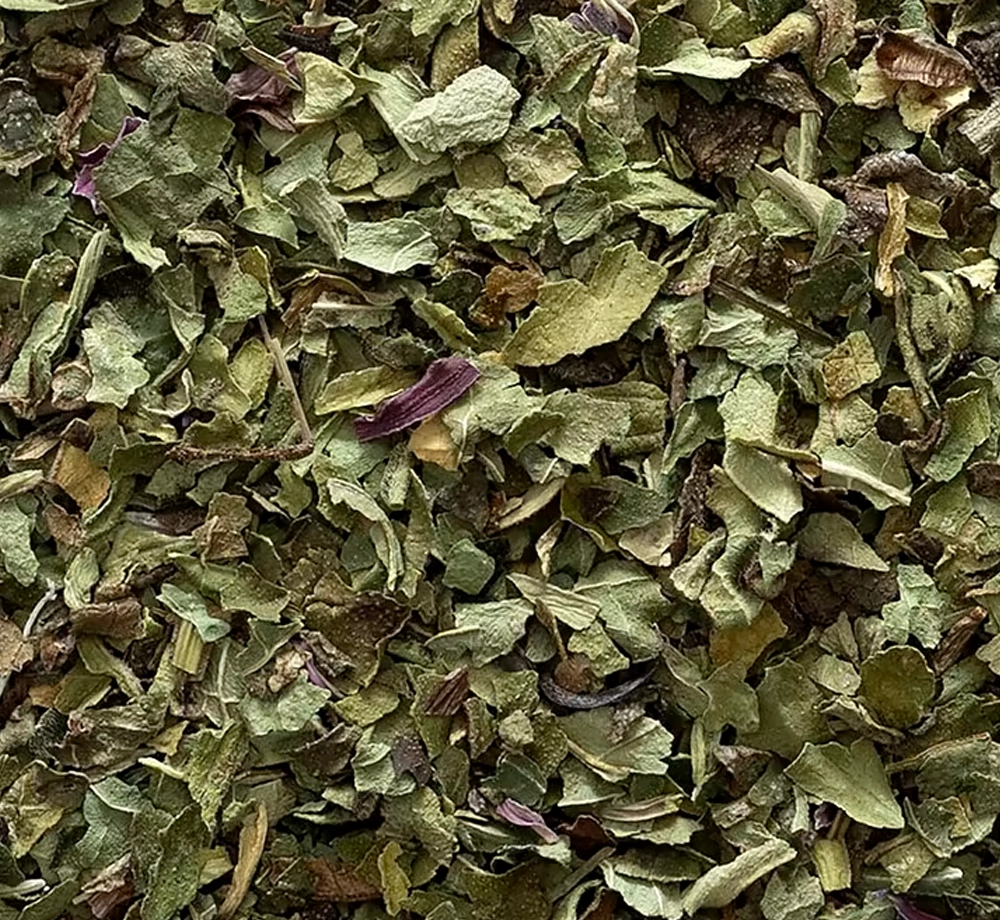
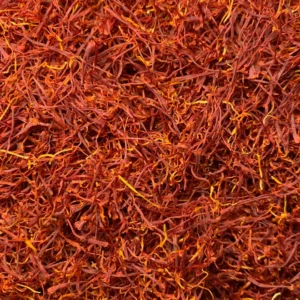
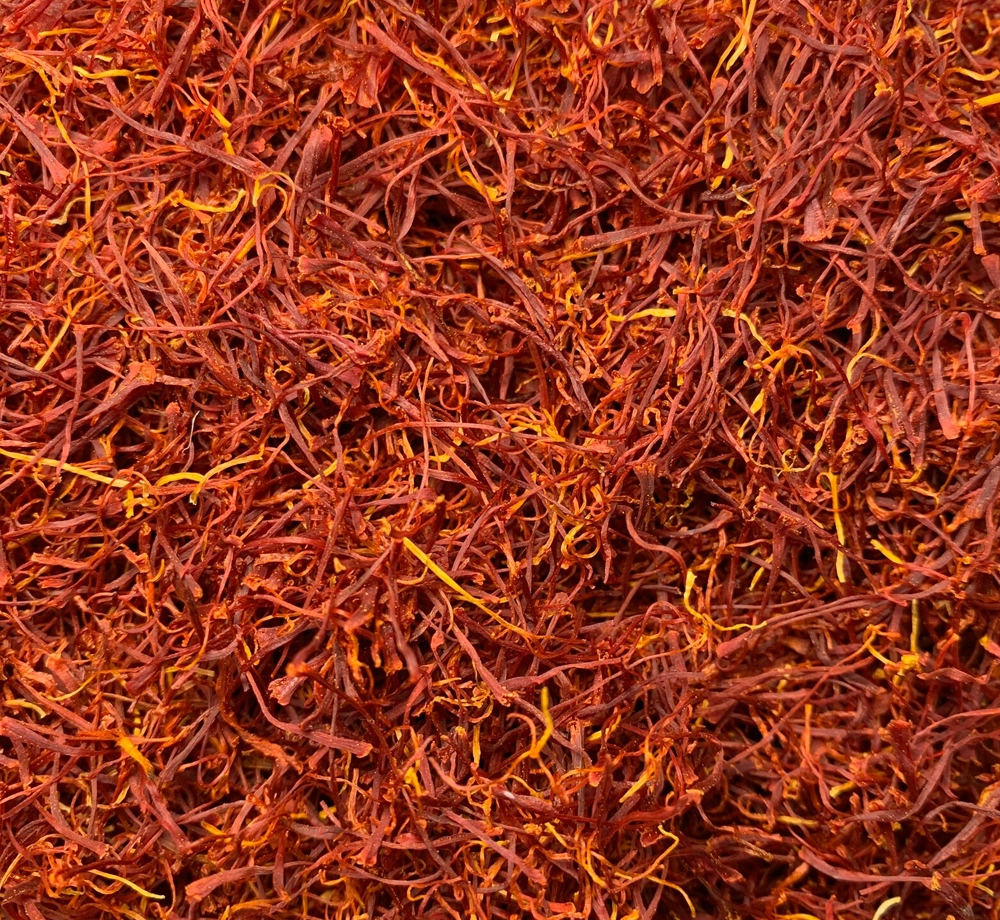
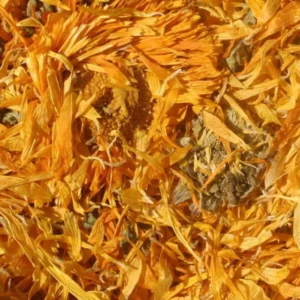
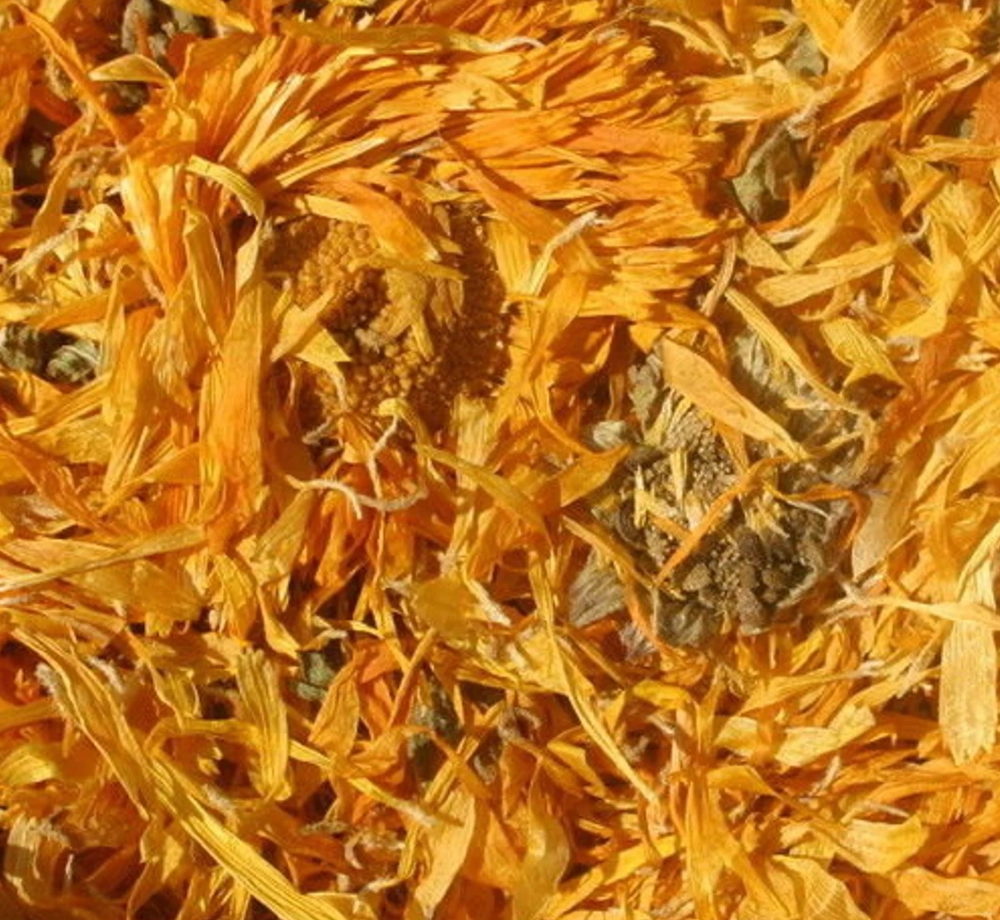


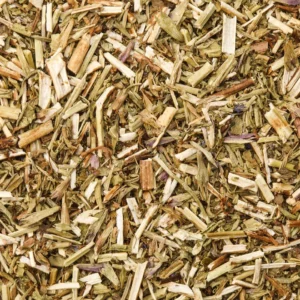
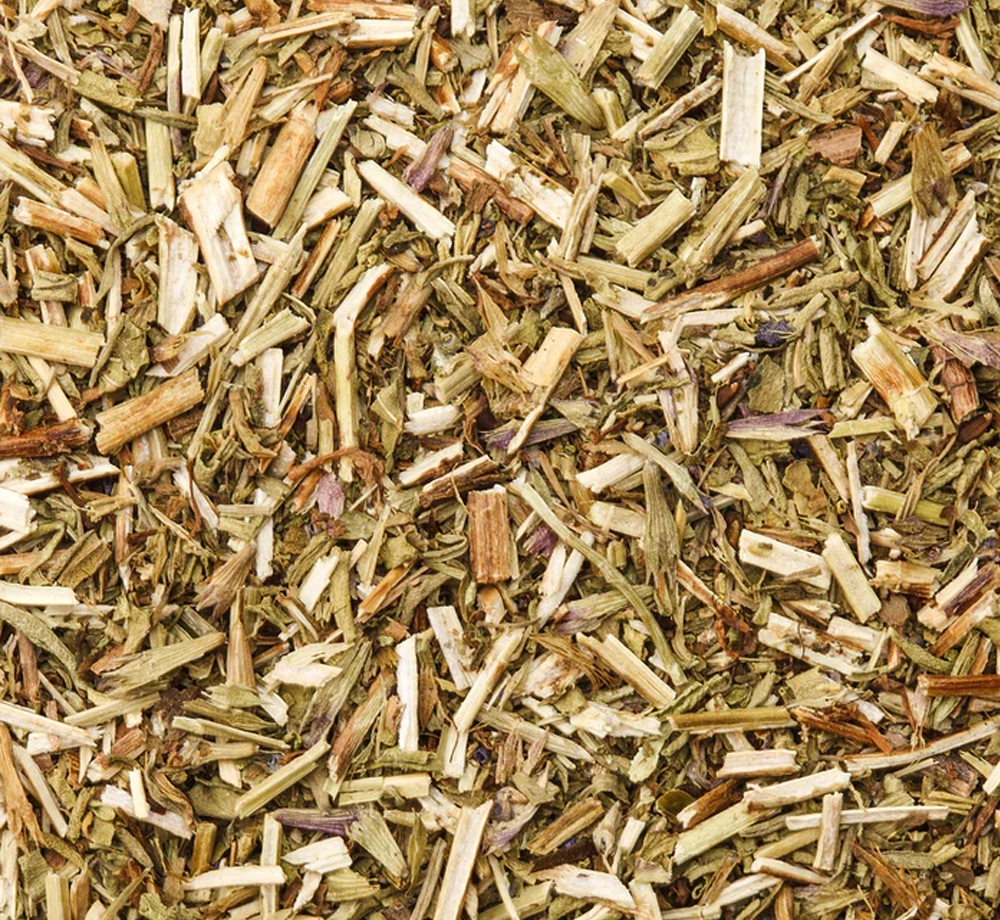
Reviews
There are no reviews yet.